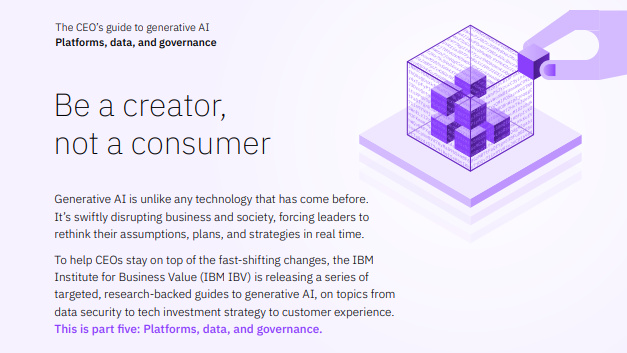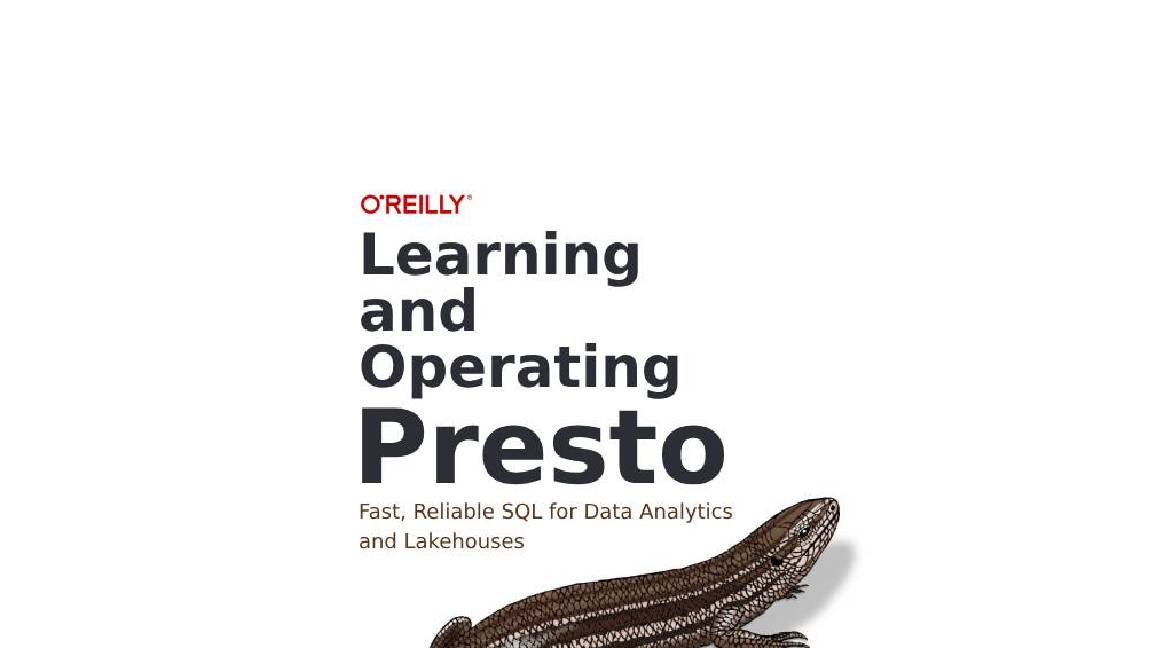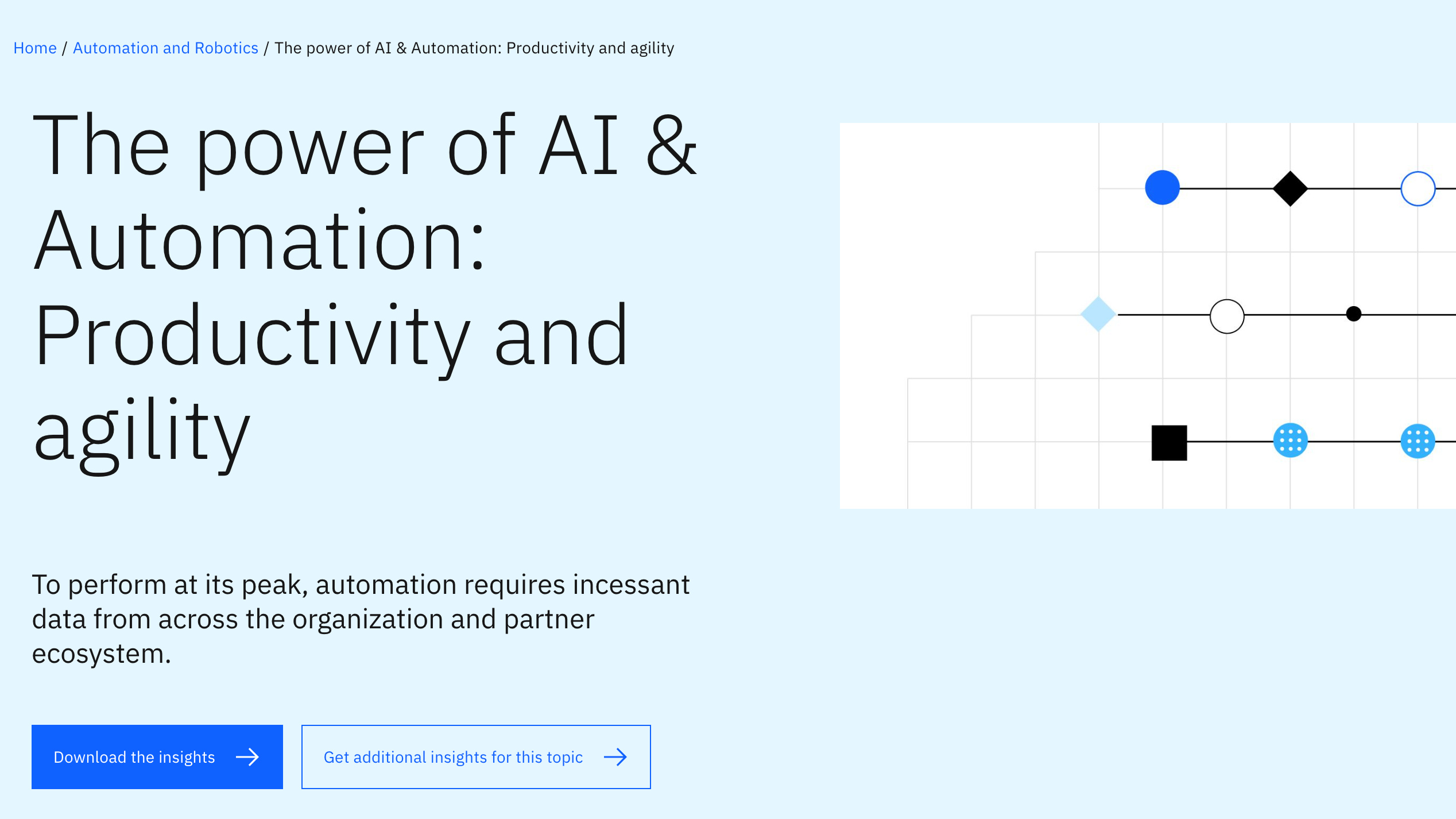The rise of consent and preference management
With cookies falling out of favour, organisations need to find another way to manage customer data


The growing regulatory scrutiny of digital advertising, and Google’s plan to kill off the third-party cookie in Chrome in 2022, is making chief marketing officers (CMOs) stop and rethink how they obtain and manage consumers’ data. In response to this, analyst firm Forrester has predicted that one in four CMOs will invest in consent and preference management tools over the next twelve months as they look for ways to ensure compliance while continuing to make the most of the data they gather.
Regulation is clearly a hot topic that’s forcing marketers’ hands. Digital media and marketing has largely been working on borrowed time, says Meredith Amdur, CEO of solutions provider Rhetorik Solutions, as governments draw up new legislation designed to strengthen data protection privacy. This is a global trend – Europe, California, Brazil and Thailand are just some of those with new privacy rules in place and many others will soon follow suit.
Managing personal data is highly regulated and constantly changing, but 2021 will inevitably become more complicated by the end of the Brexit transition period. Pending an agreement between the UK and Europe, this will make sharing personal data more difficult, notes James Castro-Edwards, a partner at law firm Wedlake Bell. “Transatlantic data sharing will also continue to present a challenge, following the striking down of the US/EU Privacy Shield by the European Court of Justice, with no replacement anticipated in the near future,” he explains.
The growth of data ethics
The other push to reassess how organisations use this type of information has come from consumers themselves, who have come to appreciate the value of their data, the risks associated with data breaches, and their privacy rights.
“Our data suggests that over 50% of UK consumers will ask companies to delete their personal information in the near future,” says Enza Iannopollo, a senior analyst at Forrester, “and third-party data sharing is particularly concerning for consumers. Frankly, they really dislike it if it happens outside of their control or knowledge.”
CMOs are acknowledging and responding to this, says Michael Fisher, CEO of software company 3radical. Research from the World Federation of Advertisers revealed that almost three quarters (74%) of CMOs surveyed expect ‘data ethics’ to become more important in their roles over the next five years. “The approach being advocated is that data ethics isn’t just adhering to GDPR, CCPA or similar regular implementation but going beyond it; moving from a mindset of ‘data first’ to ‘people first’. It’s not about finding ways around restrictions, but accepting that the old ways are no longer sustainable.”
Consent and preference management tools
When looking to invest, CMOs should search for rich solutions that are technically able to manage complexity while also capable of supporting their particular vision and strategy for privacy, says Iannopollo.
Sign up today and you will receive a free copy of our Future Focus 2025 report - the leading guidance on AI, cybersecurity and other IT challenges as per 700+ senior executives
“They must look for solutions that help them design and implement privacy as continuous engagement. This includes designing and orchestrating privacy touchpoints and building portals that allow consumers to adjust their data sharing preferences,” she says.
“Preference management is one area where they must pay attention; capabilities they need include things like data subject requests management, and the ability to adjust frequencies and channels of communication. Some vendors might treat preference management in a much more reductive way.”
Beyond the tool, CMOs must think about the ‘privacy experience’ they want to offer their consumers, she continues. “This is about transparency, trust, competency, the ability to orchestrate privacy touchpoints and offer a meaningful value exchange to consumers for their data.”
One of the creative methods of data collection that is generating results is gamification, and the concept of ‘earned data’. “This is completely aligned to the shift marketers need to make,” explains Fisher. “Brands can collect information from consumers in a way that’s engaging and fun. Data exchange can be incentivised, adding motivation and appropriate value exchange.
“A huge value of earned data is the context it gives,” he continues. “It’s shared directly and contextualised by the consumer themselves rather than assumed or inferred. It’s different because it‘s openly obtained and allows for deeper levels of engagement that help brands better serve customers.”
A multi-stakeholder project
Wherever CMOs are looking to invest, they should work closely with the wider business.
For example, Carl Harris, group marketing director at BCS, the Chartered Institute for IT, points out that CMOs need the support of CIOs to ensure any platform procurement considers the organisation’s overall enterprise architecture, data strategy and legislative and information security requirements.
“CIOs are marketers’ second-best friends – It’s critical that both CMOs and CIOs understand that without investment in protecting data in-house – by pseudonymisation or creating a data clean room – they could lose all data and the insights that could have been gained from it,” adds Acxiom’s European Privacy Officer Sachiko Scheuing, who’s closely involved in cross-industry group, the 5th Cookie. “CMOs and data protection officers (DPOs) should be even thicker, and the three should always be present when discussing business investments of this kind.”
By working together, information systems, IT security and marketing departments can ensure the data they gather and store is accessible, analysable but also secure and compliant.
But the most important relationship will always be between the business and consumer, and by having a more transparent and open relationship with consumers regarding their data, CMOs will open up a number of new opportunities to innovate, create and engage.
In the words of Professor Stefano Puntoni, from the Rotterdam School of Management, Erasmus University; done right, consent and preference management can help turn a passive experience of data capture into an empowering experience of data sharing.
Keri Allan is a freelancer with 20 years of experience writing about technology and has written for publications including the Guardian, the Sunday Times, CIO, E&T and Arabian Computer News. She specialises in areas including the cloud, IoT, AI, machine learning and digital transformation.
-
 The modern workplace: Standardizing collaboration for the enterprise IT leader
The modern workplace: Standardizing collaboration for the enterprise IT leaderHow Barco ClickShare Hub is redefining the meeting room
-
 Interim CISA chief uploaded sensitive documents to a public version of ChatGPT
Interim CISA chief uploaded sensitive documents to a public version of ChatGPTNews The incident at CISA raises yet more concerns about the rise of ‘shadow AI’ and data protection risks
-
 Empowering enterprises with AI: Entering the era of choice
Empowering enterprises with AI: Entering the era of choicewhitepaper How High Performance Computing (HPC) is making great ideas greater, bringing out their boundless potential, and driving innovation forward
-
 The CEO's guide to generative AI: Be a creator, not a consumer
The CEO's guide to generative AI: Be a creator, not a consumerWhitepaper Innovate your business model with modern IT architecture, and the principles of trustworthy AI
-
 Learning and operating Presto
Learning and operating Prestowhitepaper Meet your team’s warehouse and lakehouse infrastructure needs
-
 Scale AI workloads: An open data lakehouse approach
Scale AI workloads: An open data lakehouse approachwhitepaper Combine the advantages of data warehouses and data lakes within a new managed cloud service
-
 Managing data for AI and analytics at scale with an Open Data Lakehouse approach
Managing data for AI and analytics at scale with an Open Data Lakehouse approachwhitepaper Discover a fit-for-purpose data store to scale AI workloads
-
 The power of AI & automation: Productivity and agility
The power of AI & automation: Productivity and agilitywhitepaper To perform at its peak, automation requires incessant data from across the organization and partner ecosystem
-
 A guide to help you choose the UPS battery backup for your needs
A guide to help you choose the UPS battery backup for your needsWhitepaper Download this guide and stay connected with a UPS that's free of interruption or disturbance
-
 Managing data for AI and analytics at scale with an open data lakehouse approach: IBM watsonx.data
Managing data for AI and analytics at scale with an open data lakehouse approach: IBM watsonx.datawhitepaper Eliminate information silos that are difficult to integrate
